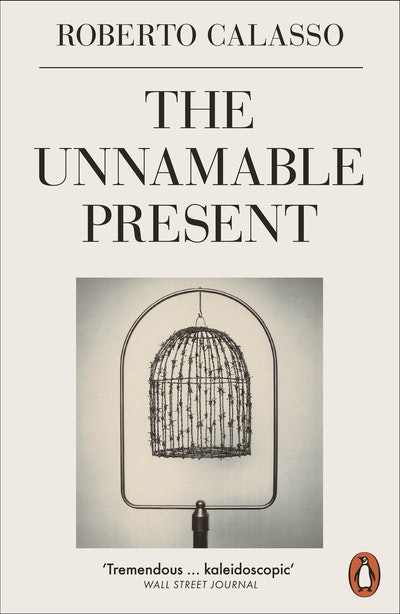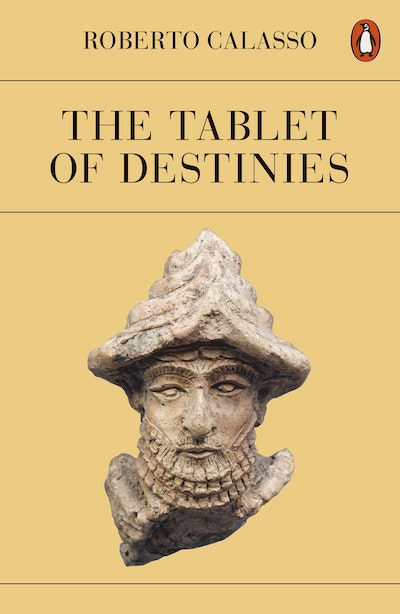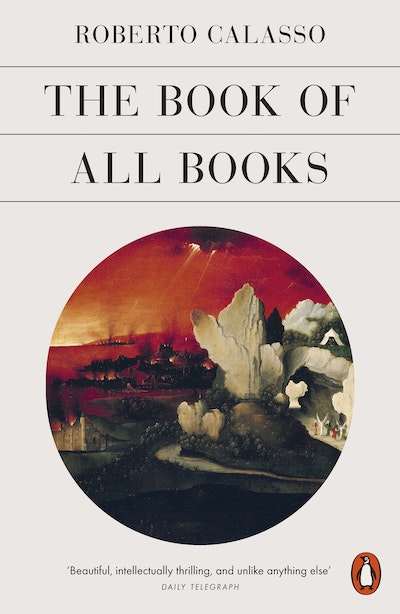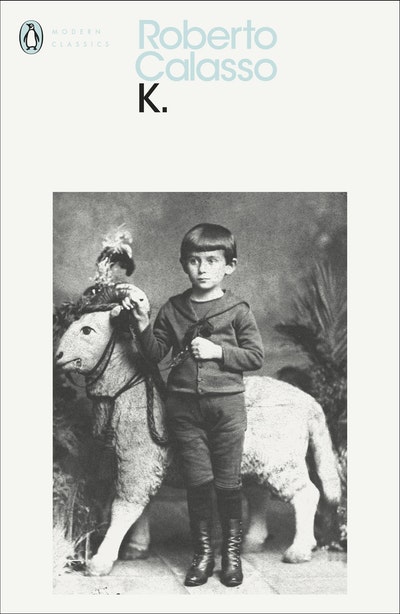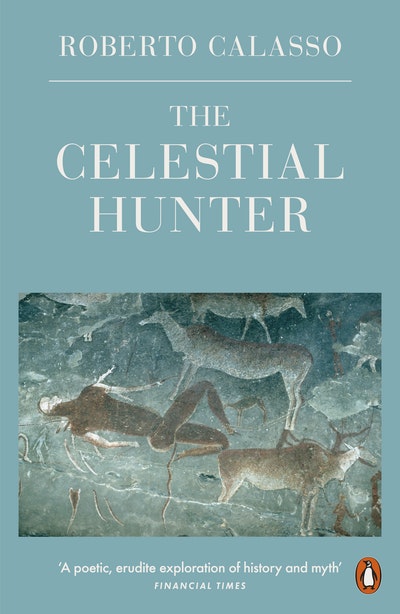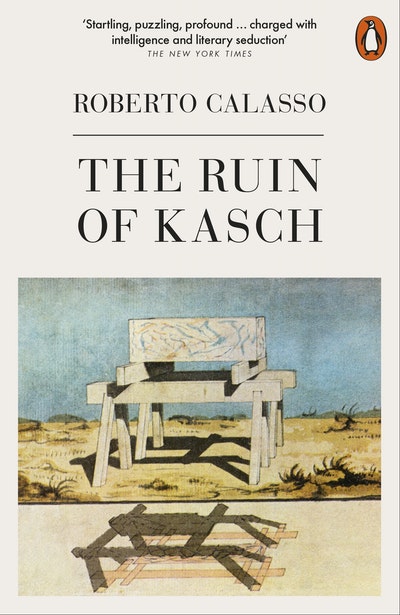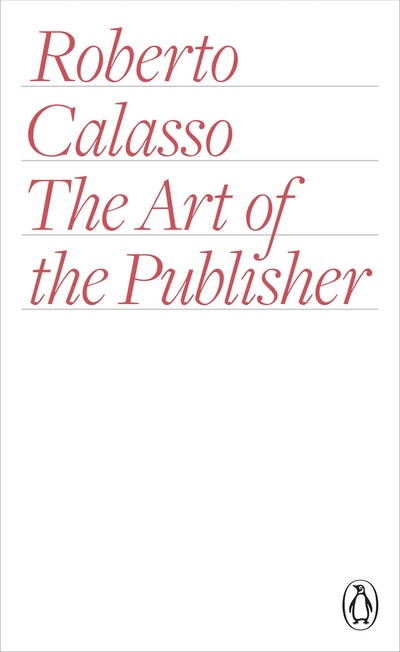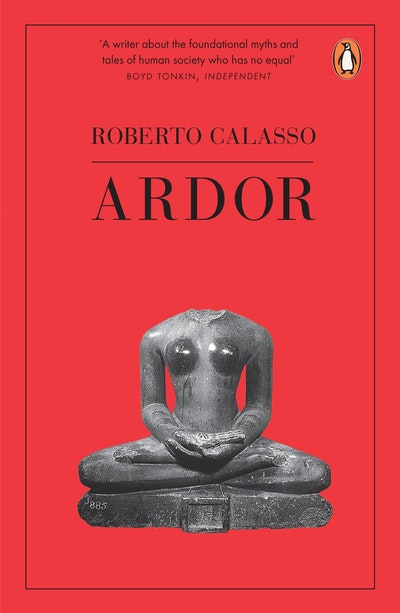- Published: 21 July 2020
- ISBN: 9780141988016
- Imprint: Penguin Press
- Format: Paperback
- Pages: 208
- RRP: $26.99
The Unnamable Present
- Published: 21 July 2020
- ISBN: 9780141988016
- Imprint: Penguin Press
- Format: Paperback
- Pages: 208
- RRP: $26.99
I love Roberto Calasso's writing: it's rigorous, elusive, and expansive. The Unnamable Present continues his austere, zigzagging history of the world, but the difference is that now he's examining the supermodern - and this shift would I guess be a moment for pure celebration, were his conclusions not so inescapable and so terrifying
Adam Thirlwell
This slim but wide-ranging philosophical inquiry extends the Italian author's series on the roots of modernity, with particular attention to moral relativism
The New York Times
A public intellectual in the great European tradition, whose new book attempts to define the era we're currently living through
Irish Times
The ninth in Mr. Calasso's kaleidoscopic series of investigations into the spiritual biography of the secular West . . . the two long essays in The Unnamable Present examine the effects of novel and often dangerous mythologies-democracy, nationalism, Darwinism, race theory- in 20th-century Europe . . . he handles the events of the past with the reverence of a priest, rather than the dispassion of a historian. Material facts are the tangible aspect of hidden truths
Dominic Green, The Wall Street Journal
Calasso's erudition is dazzling . . . his assertions come in short, verbless sentences, darting from historical moment to historical moment, alighting on a person, a place, a topic, before moving briskly on
Caroline Moorehead, Times Literary Supplement
Surprising, illuminating . . . one of the many pleasures of reading Calasso is to follow the bumper-car ride of his thinking, as he caroms off this and that totemic figure dotted about the intellectual fairground
John Banville, The New York Times Review of Books
